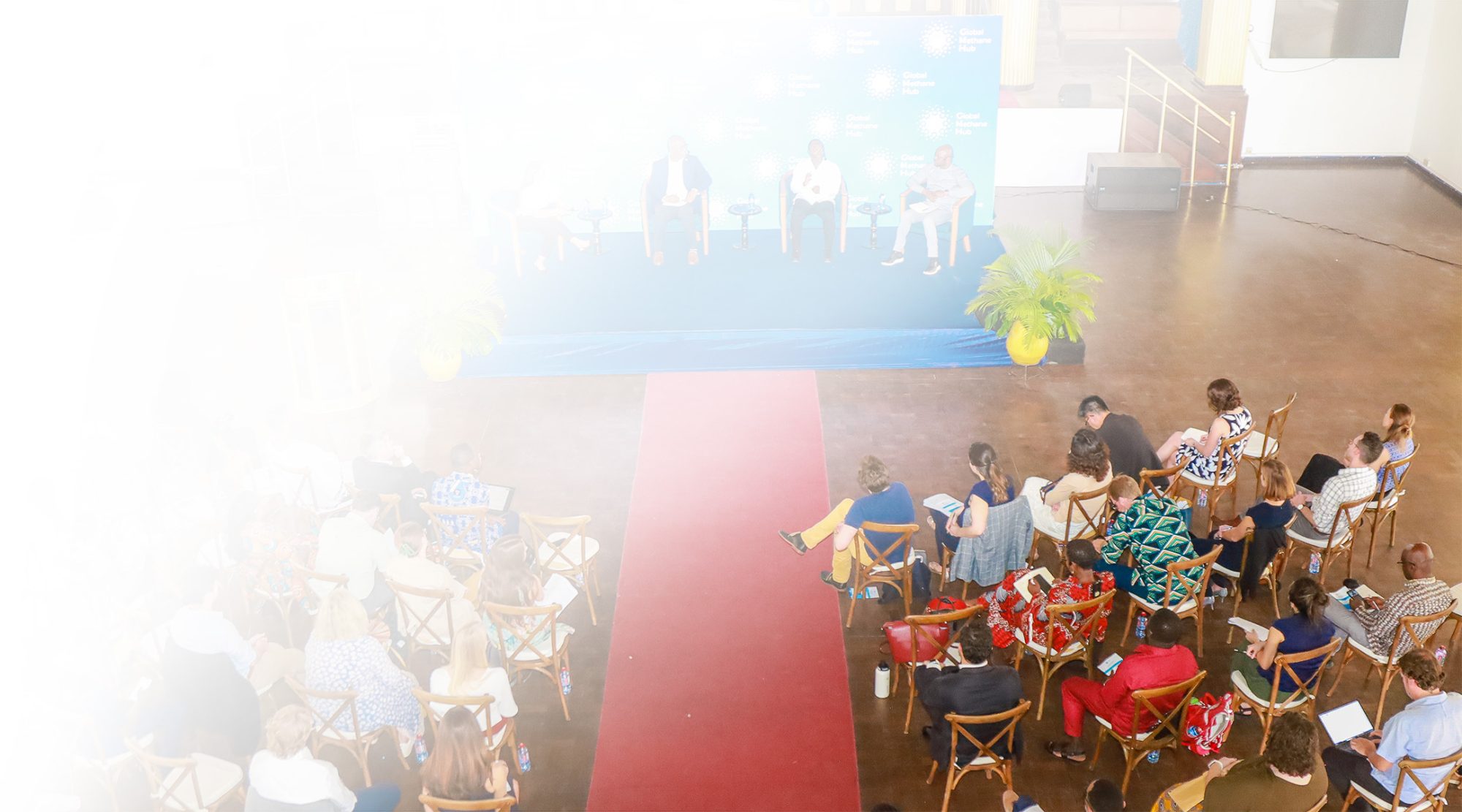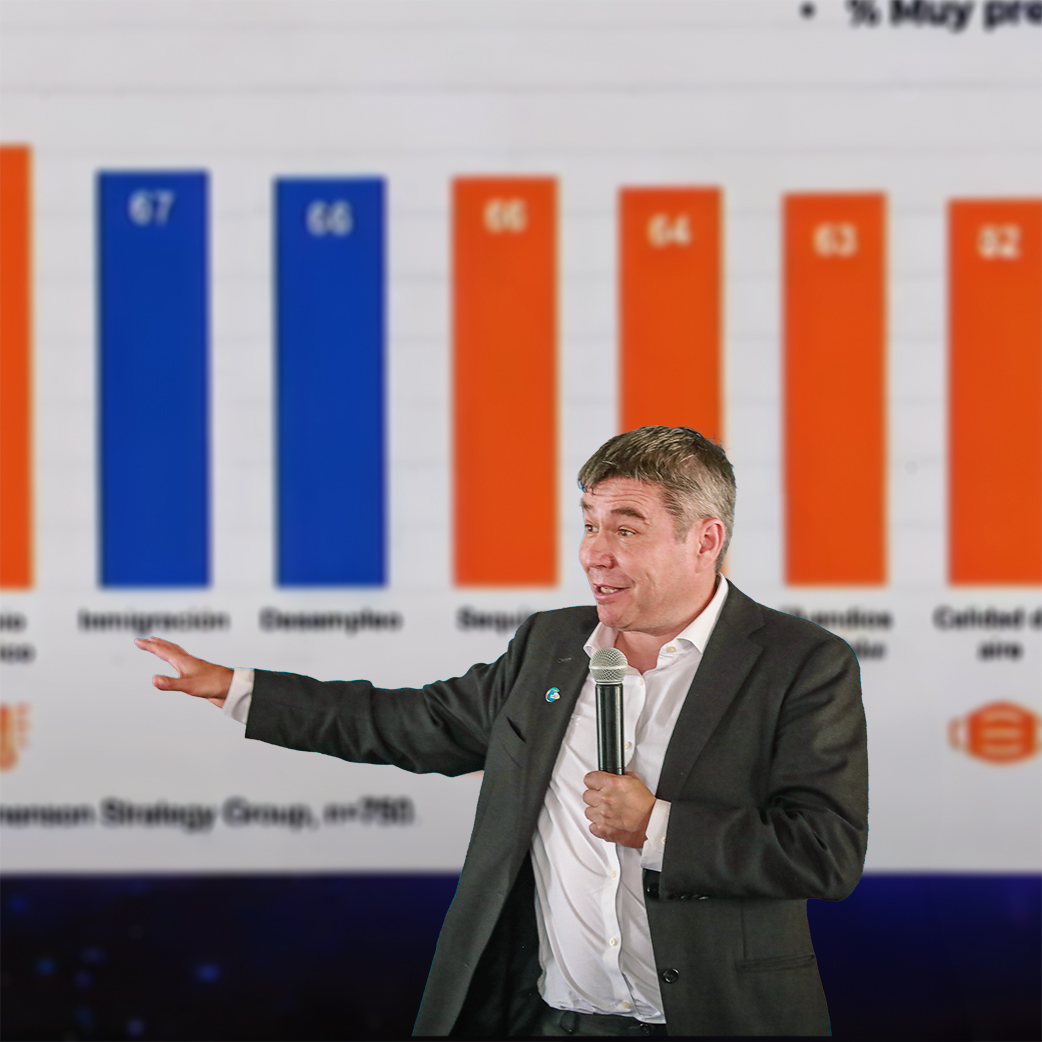
Programs
Reducing methane pollution is a global challenge that requires collective international action, as it cannot be solved by any one nation alone. GMH is a convener of policymakers, practitioners, scientists, philanthropists, and media to meet the moment on methane.
Climate and Clean Air Coalition (CCAC) is a voluntary partnership of over 160 governments, intergovernmental organizations, and non-governmental organizations founded in 2012, and convened within the United Nations Environment Programme.
“The UNEP-convened Climate and Clean Air Coalition is proud to partner with the Global Methane Hub to assist countries with developing and implementing plans to reduce their methane emissions towards the delivery of the Global Methane Pledge. Philanthropies such as GMH play a key role in removing the barriers that exist towards methane mitigation, with finance being a critical solution to unlocking innovation and rolling out effective solutions and super-pollutant strategies around the globe”.
GMH commissioned an international poll on climate change and methane gas emissions to provide new insight into public support for solutions across 18 countries worldwide. The results show that the vast majority of respondents in the countries surveyed support action to curb methane emissions. This marked the beginning of an annual effort to measure and track public knowledge and opinions of methane and elimination efforts.
The poll, conducted by Benenson Strategy Group (BSG) reached people in 18 countries across six continents – Australia, Brazil, Canada, Chile, China, Germany, India, Italy, Kenya, Mexico, Nigeria, Norway, Senegal, South Korea, Japan, Tanzania, the United Kingdom, and the United States. The online survey gathered data from a total of 13,728 adults, at least 750 in each country, and asked respondents questions on key issues ranging from views on climate change, environmental concerns and support for action, knowledge of methane gas emissions, and support for specific policies to reduce methane gas emissions. Results offer a unique look at international views on climate change and support for action.

No matter where people live in the world, the reality of climate change hits home. One in four survey respondents indicated that climate change had an extreme impact on their lives, and even more report deep concerns about wildfires, heat waves, worsening water quality, and a host of other environmental issues in their own communities.
Respondents not only acknowledge the prevalence of climate change but also generally agree in its human causation. While perspectives vary across nations due to diverse environmental and cultural contexts, people feel a strong urgency for action on climate change, and the overwhelming majority of survey respondents said protecting the environment should be prioritized at least as much as economic growth.
A significant 96% of people believe that the climate is changing, with the majority attributing it to human activity. In fact, 78% of respondents specifically believe that climate change is the result of human actions. Additionally, 24% of people report that the changing climate has an “extreme impact” on their lives, while 87% say it has at least some impact. Notably, countries in the Global South tend to feel the effects of climate change much more intensely compared to their counterparts in the Global North.
The Global Methane Pledge is an initiative launched in 2021, to reduce global methane emissions and keep the goal of limiting warming to 1.5 degrees Celsius within reach.
The United States, European Union and over 110 countries have signed the pledge, which represents more than 70% of the global economy and half of anthropogenic methane emissions.
The Global Methane Hub, while independent from the pledge, will support those countries that want to make that pledge a reality, and those who want to go beyond.